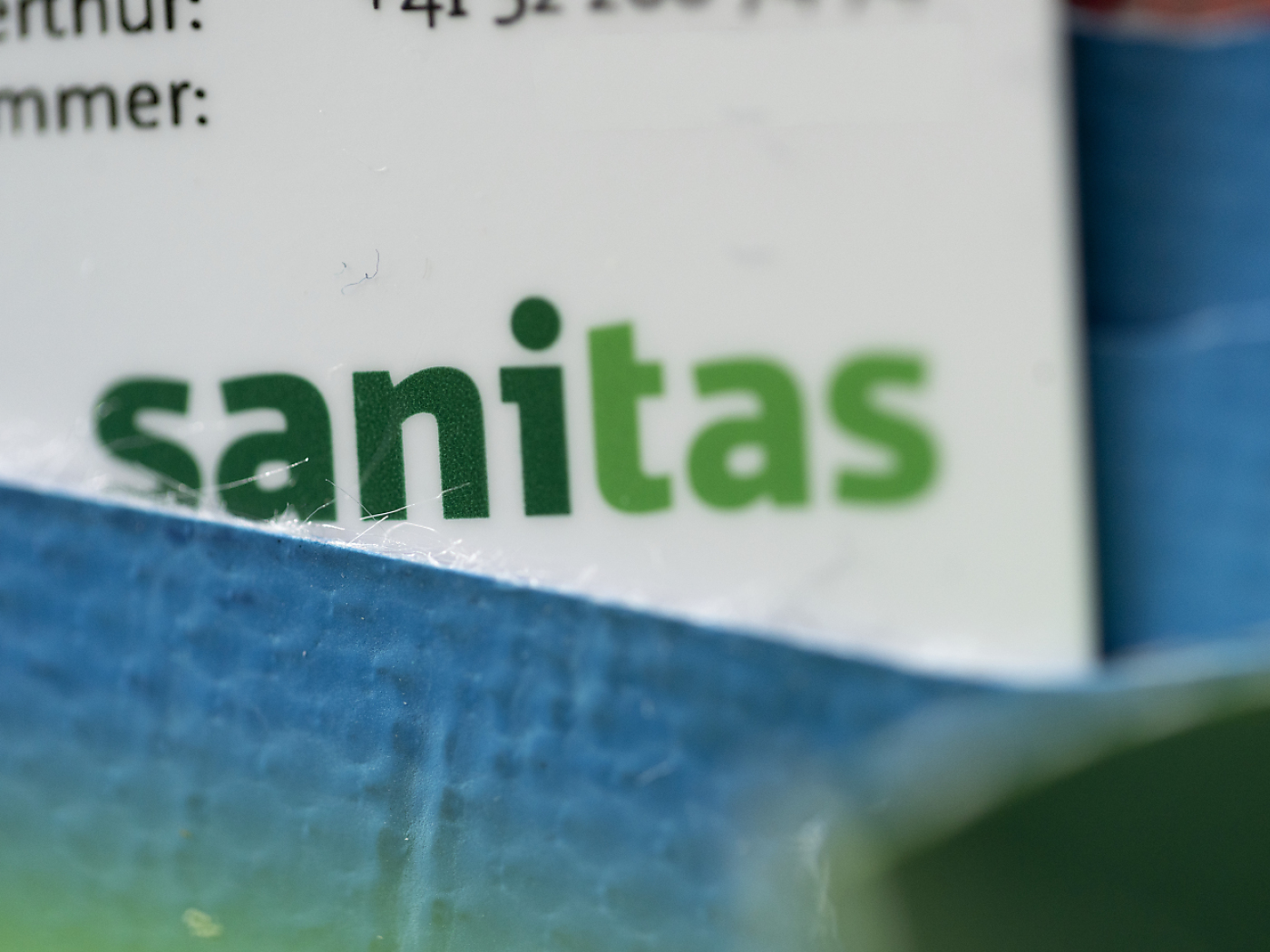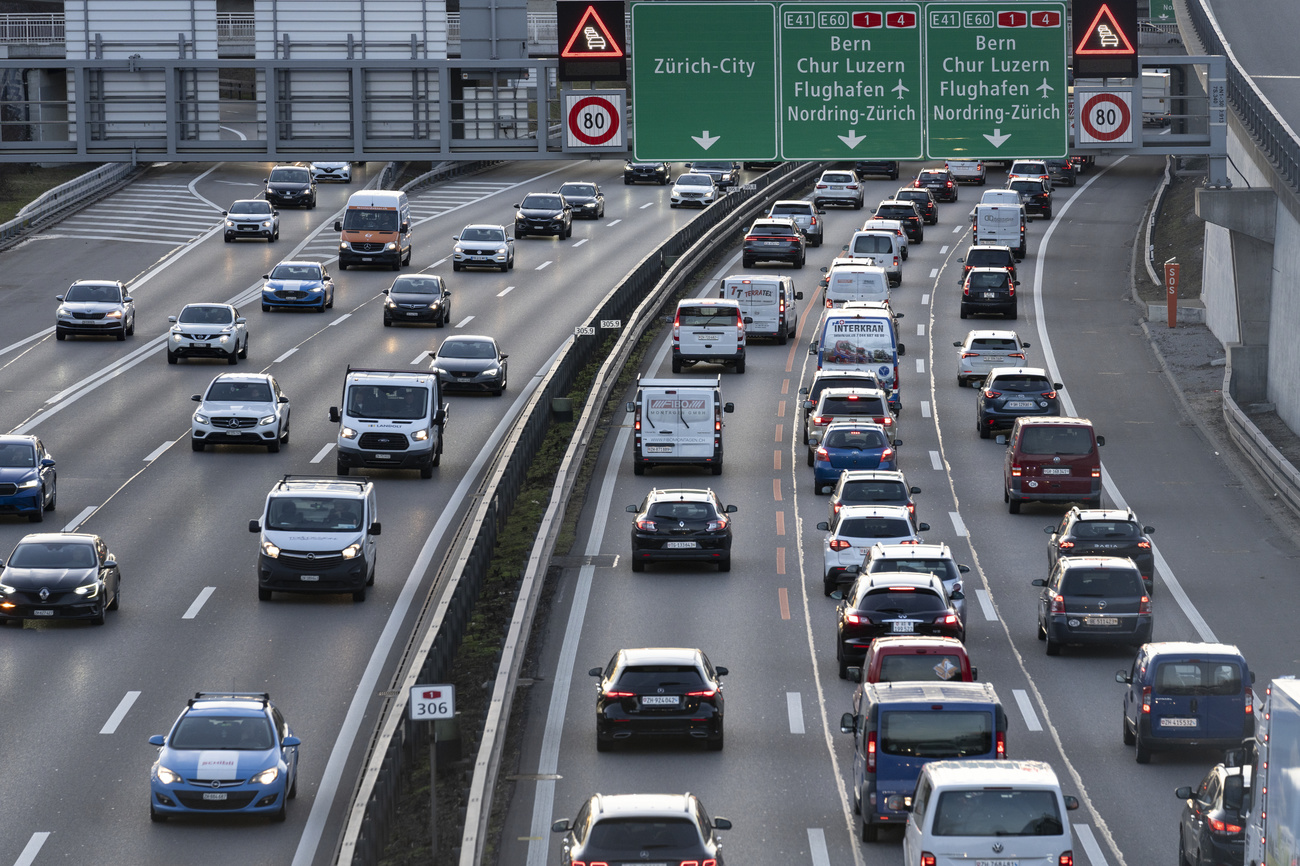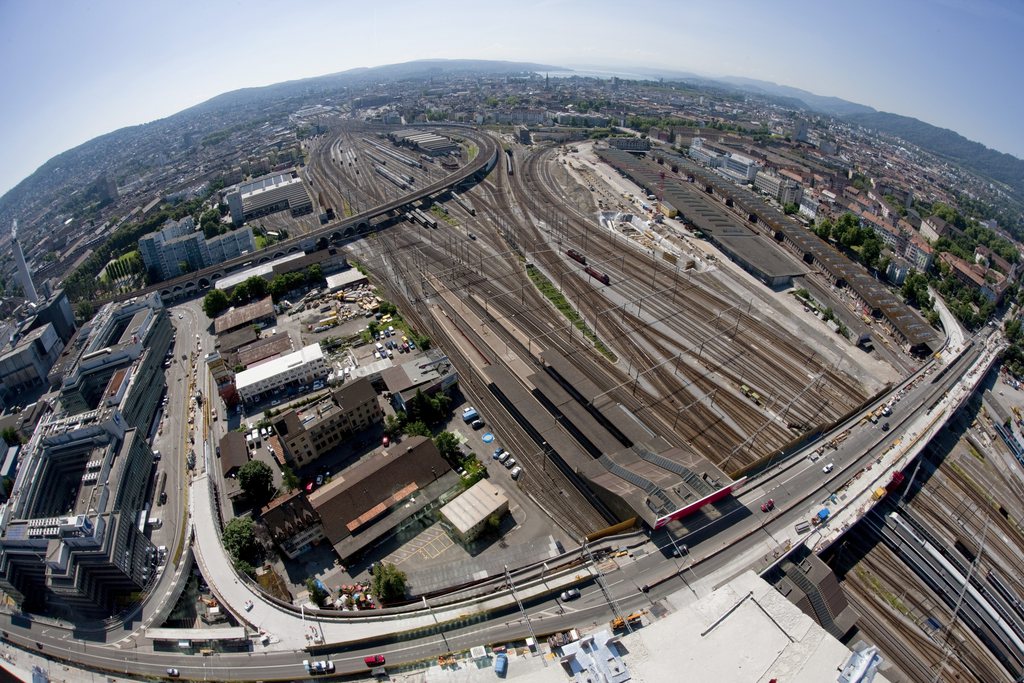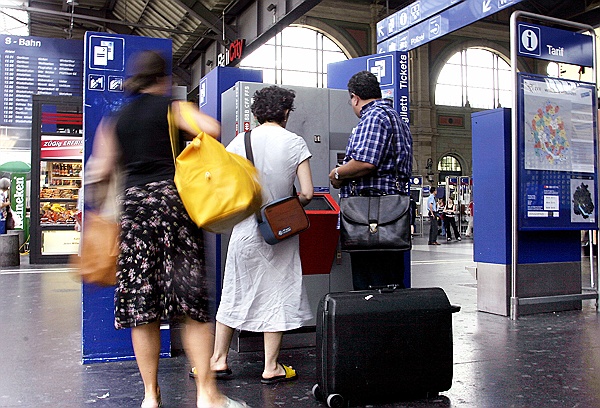High cost of rail travel “deterring passengers”

For the first time since the 2004 Swiss Federal Railways relaunch, passenger numbers on the rail network have fallen. In the first six months of this year passenger kilometres declined by 1.6 per cent, the SonntagsZeitung newspaper has revealed.
Income from passenger traffic shrank by one third to SFr65 million, continuing the negative trend of previous years.
Swiss Federal Railways lays the blame for the drop in passenger numbers on the crisis in the tourism sector. This has led to a decrease in holiday traffic nationwide, although regional traffic is maintaining numbers, Federal Railways spokesman Reto Schärli told the Swiss News Agency.
However, consumer organisations complain that fare increases are driving passengers back to their cars. “The pain threshold has been reached,” Franziska Teuscher of the Swiss Association for Transport and the Environment told the SonntagsZeitung.
Teuscher called on Transport Minister Doris Leuthard to review transport policy and make more money available for public transport. The announced fare price increases of close to 20 per cent over the next five years must be avoided, she added.
Customer loyalty has not been affected, according to Schärli. On the contrary: “The sale of half-fare travel cards and general travel cards has increased despite the rise in prices.” he pointed out, although he did not want to reveal details ahead of the official publication of half-year figures on Wednesday.
This year’s drop in numbers does not fit in with the federal authorities’ long-term view. They estimate that by 2030, passenger numbers will have risen by 45 per cent.
Around 9,000 trains travel the Swiss Federal Railways network every day. One thousand trains arrive at and depart from major stations daily and heavily used track sections count 500 trains a day.

In compliance with the JTI standards
More: SWI swissinfo.ch certified by the Journalism Trust Initiative











You can find an overview of ongoing debates with our journalists here . Please join us!
If you want to start a conversation about a topic raised in this article or want to report factual errors, email us at english@swissinfo.ch.